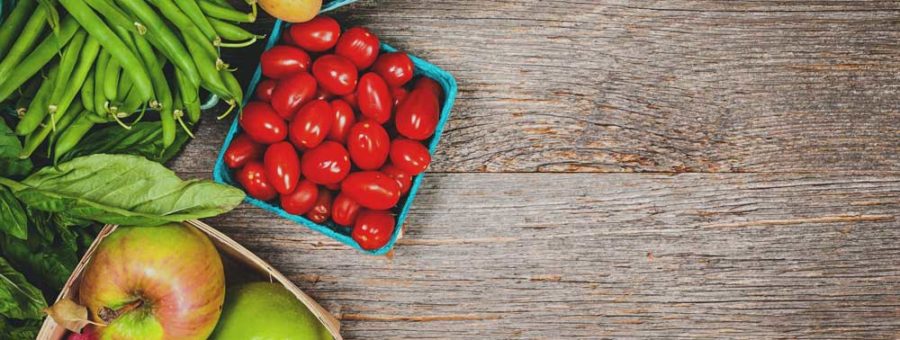
NEWS

How To Lose Weight Without Losing Performance – Zoe Wilson January 7th, 2019
Coming out of silly season with a little more bulk? Or just starting triathlon and wanting to improve your times? Weight loss can be a really easy way to improve but, man, there is a quagmire of information out there about how to do it!
We have body fat for a reason. Our body needs some fat to work properly – for vitamin transport, for energy and to maintain a healthy immune system. If you want to reduce your body fat, you need to do it carefully. Choose the wrong approach and you’ll likely lose muscle, slow your metabolism and impair your performance (and struggle to train or manage the rest of life for that matter!). Here are my top tips for losing weight without losing performance and staying sane in the process.
1. Discuss your goals
Before you start, make sure that the body fat percentage you’re aiming for is actually realistic and safe for you. Don’t get carried away and take things too far. If you’re not sure what’s best for you discuss this with your coach and/or sports dietitian.
2. Start early and don’t panic
Panic dieting and overtraining is not the way to go. To lose weight you need to eat less than you burn (calorie deficit), but doing so can make training more difficult and prevent you from performing at your best. Starting early will give you more time, so you’ll be able to reach your goal more slowly. Aiming for around 0.5kg per week at the most decreases the likelihood of muscle loss, so you can maintain your fitness, strength and ultimately your performance. Restricting your food too drastically will leave you not eating enough to support training and recovery which can quickly lead to injury, illness or over-training syndrome.
3. Intentionally choose quality
I know moderation isn’t a sexy message, but it really is the way to go. This bit isn’t rocket science either and anyone who tells you they have the next best thing for weight loss is probably not telling you the truth… Foods that contain lots of sugar or fat are full of calories that your body doesn’t really need and often don’t keep you full for very long after you eat them. Instead, focus on quality. Swap processed foods with unprocessed foods packed with fibre and protein to fill you up. You’ll feel fuller for longer and eat less calories over the day, which will lead to weight loss.
4. Work on your timing
Pay particularly close attention to the food you eat around training sessions. Eating the right foods before training will allow you to train harder, and eating the right foods after training will help with recovery and reduce injury and illness.
Choose carbohydrate-containing foods such as fruit, grains or dairy before your session (especially higher intensity sessions like track or a hard bike). After your session eat mix of carbohydrate and protein within 30 minutes to refuel and help with recovery. Try eggs on toast, cereal or porridge made with milk and/or yoghurt, a dairy-based smoothie, a recovery protein powder, or a meal with carbs and protein (e.g. lunch or dinner).
5. Check your daily habits
Try some of these quick tips to help you on your way.
– Drink well. Maintaining hydration can help to reduce appetite and keep you satisfied with smaller portions.
– Slow down! Often we eat more than we need because we eat too quickly and our stomach doesn’t have enough time to tell our brain that it’s full. Minimise the extra calories by taking 20-30 minutes for your meal.
– Check for hunger. Often we eat for reasons other than hunger so again, we eat more than we need. Instead, before you eat ask yourself “Am I actually hungry” and if the answer is no, try to do something else instead.
– Avoid alcohol. Sorry, but alcohol provides empty calories and impairs recovery so it’s really not helping you out.
– Fill up on vegies. Fill half your plate with vegies or salad for a hit of filling fibre that will also reduce the calories in your meal.
– Get enough sleep. Lack of sleep also contributes to poor recovery, increases appetite and reduces performance so be sure to get your 6-8 hours each night.
Zoe Wilson is an Elite Energy Ambassador, and an experienced dietitian with expertise in clinical nutrition, with a passion for all things food, nutrition, health and fitness. You can find more information at www.zoewilsonnutrition.com




